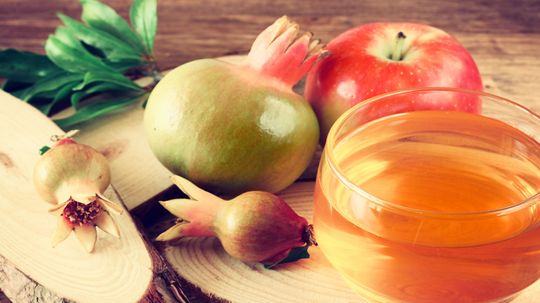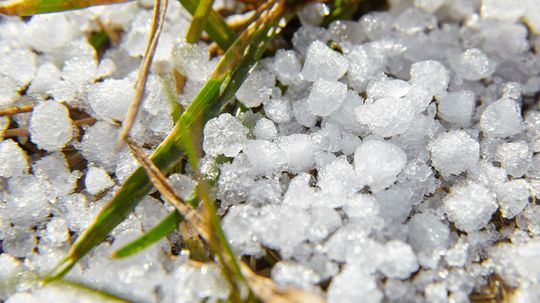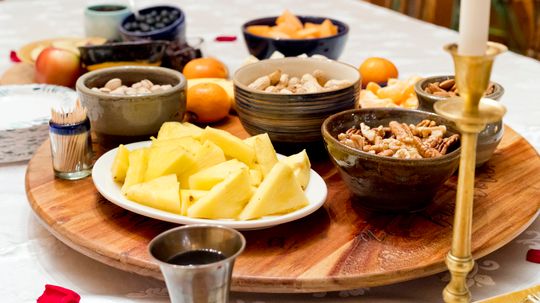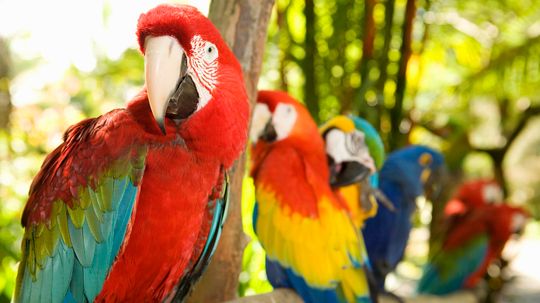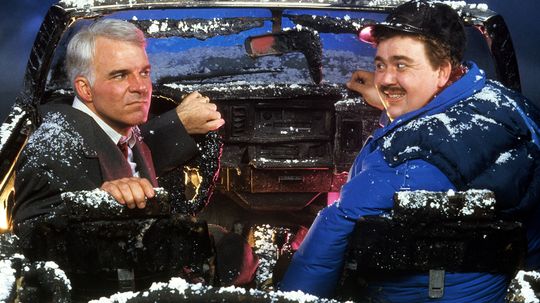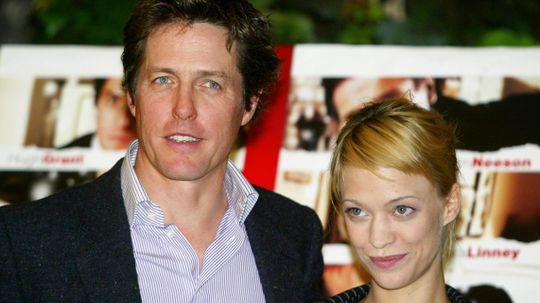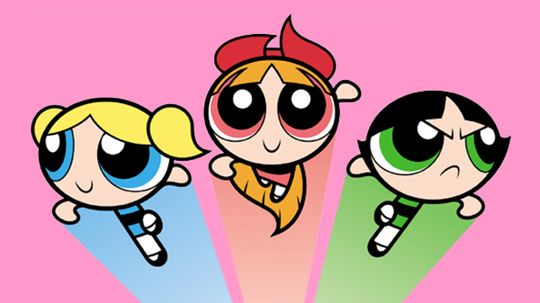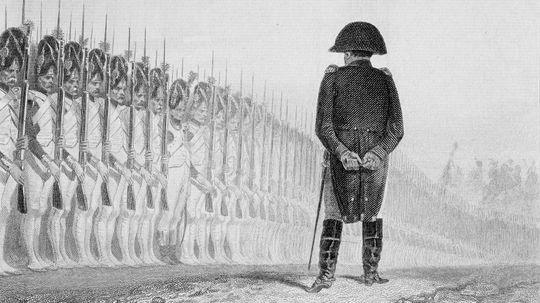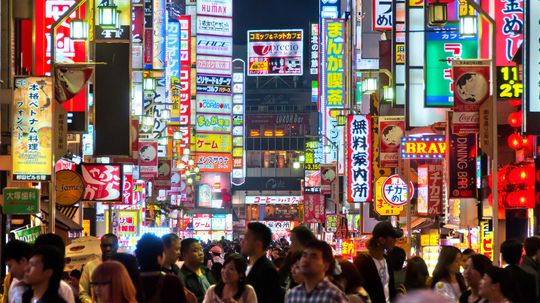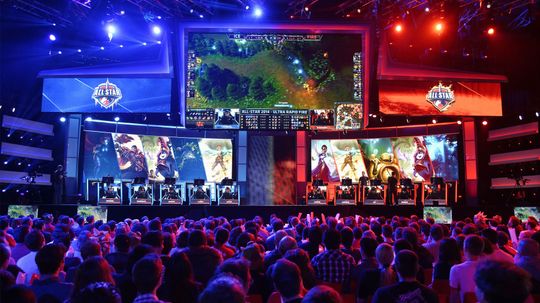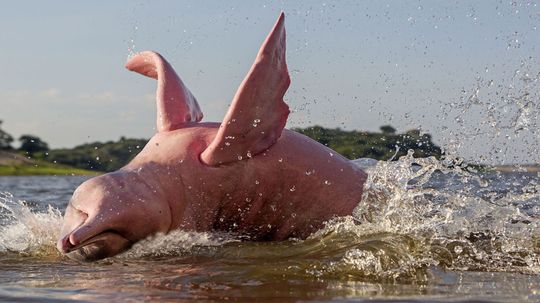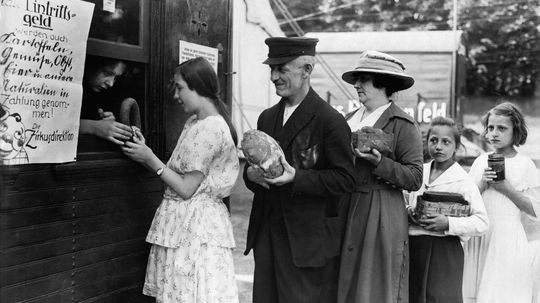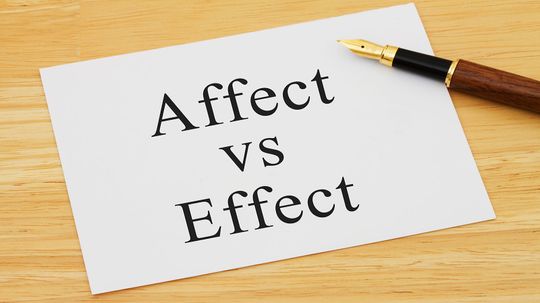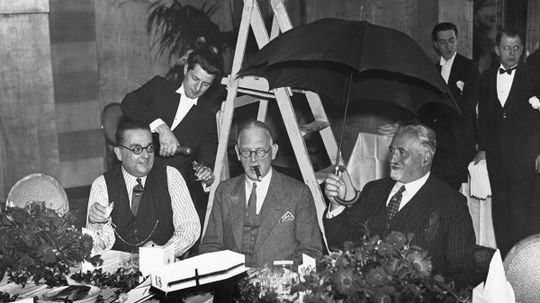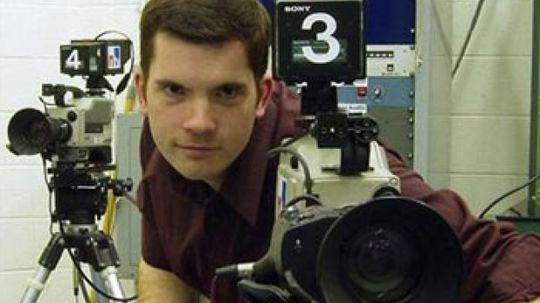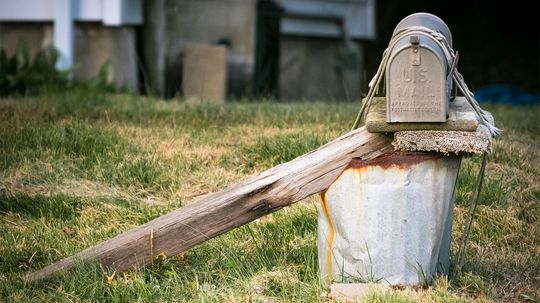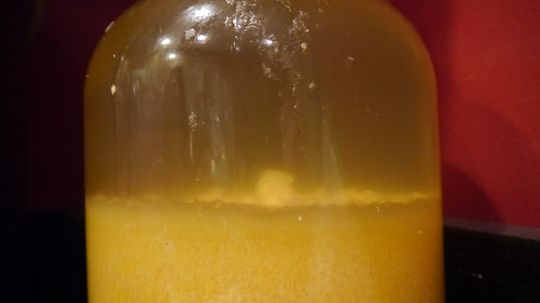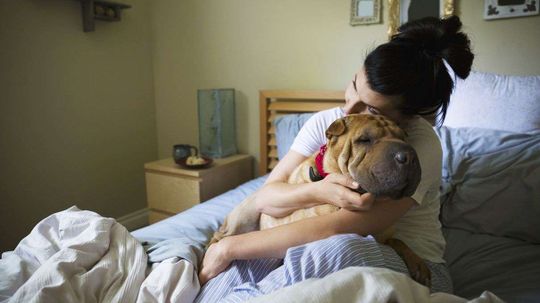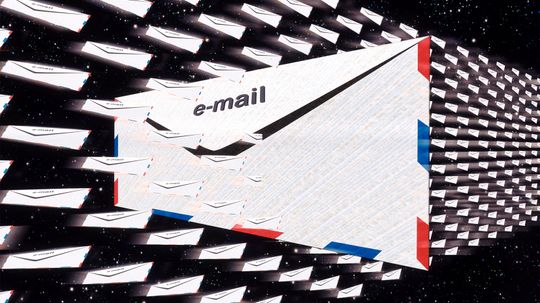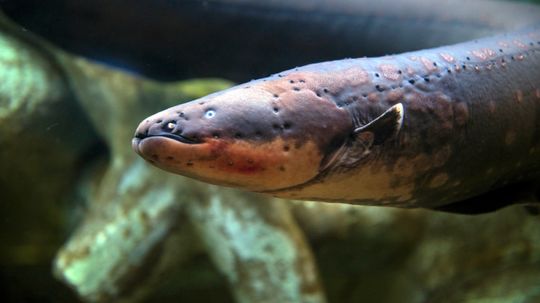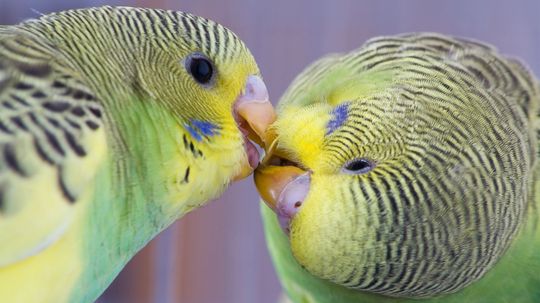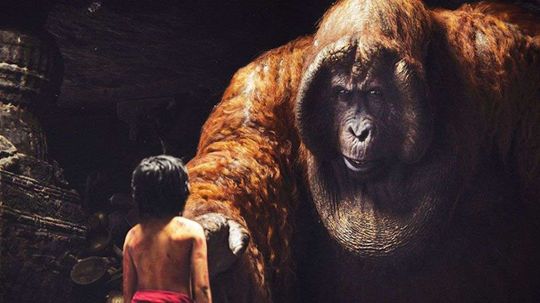Laurie L. Dove is an award-winning journalist who covers timely topics for HowStuffWorks. She is the author of six books and the former owner of a newspaper and magazine. When not reporting on the latest tech breakthrough, health advance or economic development, Dove is tracking down hidden history, science innovations and biologic discoveries. As the Honorable Laurie Dove, Mayor, she has brought multi-million-dollar improvements to the small Midwest town where she lives with her husband, five children and two Akitas.
Recent Contributions
During the Jewish holiday of Rosh Hashanah, it's common to hear people wish each other "Shana Tova!" What does this phrase mean?
Not to be confused with sleet, graupel is actually an interesting mix of snow and ice. But it's not hail. Graupel, get to know it.
The Lazy Susan is a circular tray that spins to make food service easier, but the origins of the name are a bit murky. What is a Lazy Susan, exactly, and why did it earn that disparaging name? Let's find out!
Advertisement
Macaws mate for life, can speak human words and have even been known to blush when delighted.
By Laurie L. Dove & Zach Taras
The table is cleared and everybody's full, so gather around because we've found the 10 best Thanksgiving movies to watch with friends and family this November.
How much do you remember about the movie "Love Actually"? Test your romantic knowledge with this lovesick quiz.
Have you logged some serious 'toon time on Cartoon Network? It's alright, don't get animated - take our Cartoon Network quiz, and put that knowledge to the test!
Advertisement
If someone of small stature exhibits bullying behavior, that person is sometimes said to have a Napoleon complex. Did Napoleon himself have one, though?
It might be from a tale as old as time or a brand-new story but everyone has a favorite Disney character. See how many of these you can name in this quiz.
Of the 8 billion people now inhabiting this planet, almost 60 percent live in urban environments in some pretty densely packed cities. Here are the top 10 megacities in the world.
Do you exist in the League of Legends universe? Test your knowledge with this League of Legends quiz.
Advertisement
The pink Amazon river dolphin, like some mythical creature from another world, is a shockingly beautiful color, but it is also extremely endangered.
Ever felt a pang of guilt on, say, Election Day when you skipped the voting booth to go to dinner? The 'bread and circuses' concept of being pacified by food and entertainment - and forgoing civic duty - goes back to Roman times.
These two words are often used interchangeably and incorrectly, so here's how to know when to use "affect" vs. "effect."
Everyone knows you're not supposed to open an umbrella indoors. Explore the history behind this long-held superstition.
Advertisement
Carrying around an animal's body part is pretty creepy. But many people don't bat an eyelash at the idea that a rabbit's foot brings good fortune - for humans, anyway.
By Laurie L. Dove & Sascha Bos
The media saturates us with stories of violence, but most people leave them on the page or screen. So what made these copycat killers act out?
By Josh Clark & Laurie L. Dove
When you're holding something together with nothing more than spit and perhaps some duct tape (duck tape?), what is the correct term, jury- or jerry-rigged?
When most people think of the words "wine" and "toilet," they're probably not thinking about a fermentation strategy. But as countless prisoners over the years have discovered, when it comes to alcohol, if there's a will, there's a way.
Advertisement
If you think there's one easy explanation behind this cute canine behavior, think again. There are several theories. But a new study has found a sweet reason for head tilting in dogs.
Don't worry about transmitting the cold or flu to your furry friends. In fact, some time cuddled up can help with your sickness.
Most of us use the CC function in our email accounts all the time, but do you know what CC actually means and how it works?
By Laurie L. Dove & Zach Taras
Electric eels actually aren't eels at all, but they certainly are electric. Their shock can kill animals in surrounding waters, but could it take down a human?
Advertisement
Budgies are the same species as parakeets and make fabulous pets - and, yes, they love to talk!
The character of King Louie gets a serious primate upgrade in the new Disney live-action-meets-CGI film. Did the ape also serve as inspiration for sasquatch and yeti?

